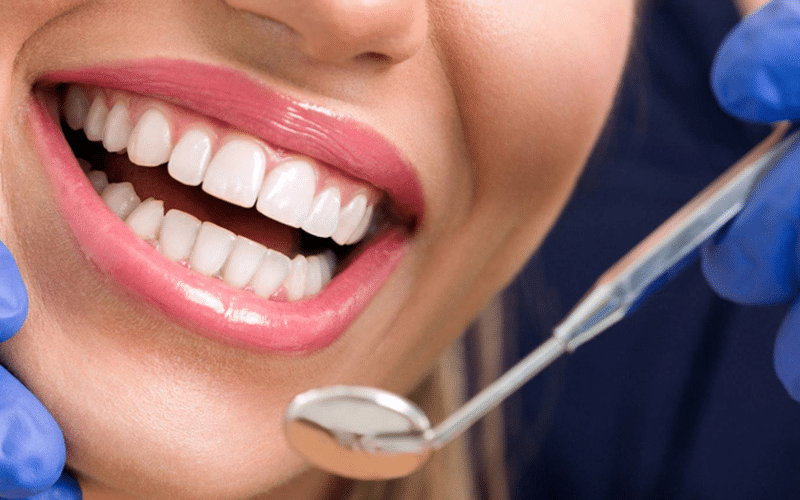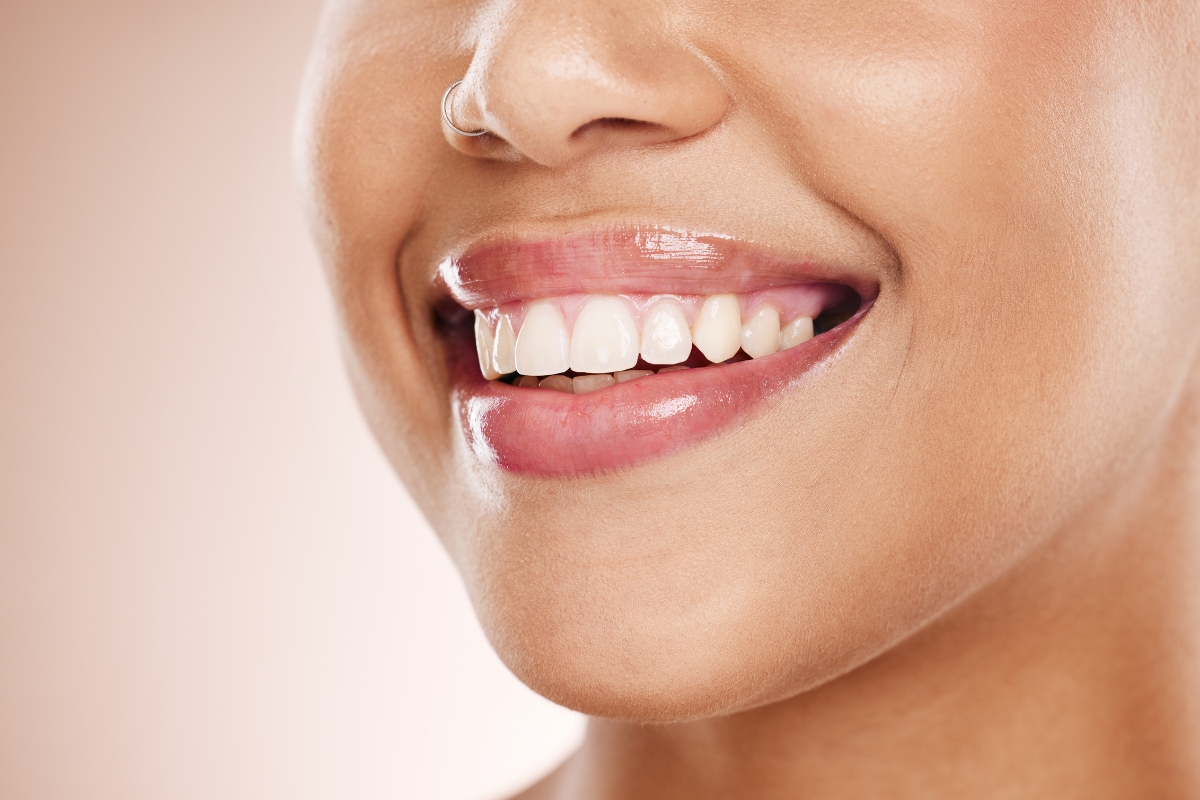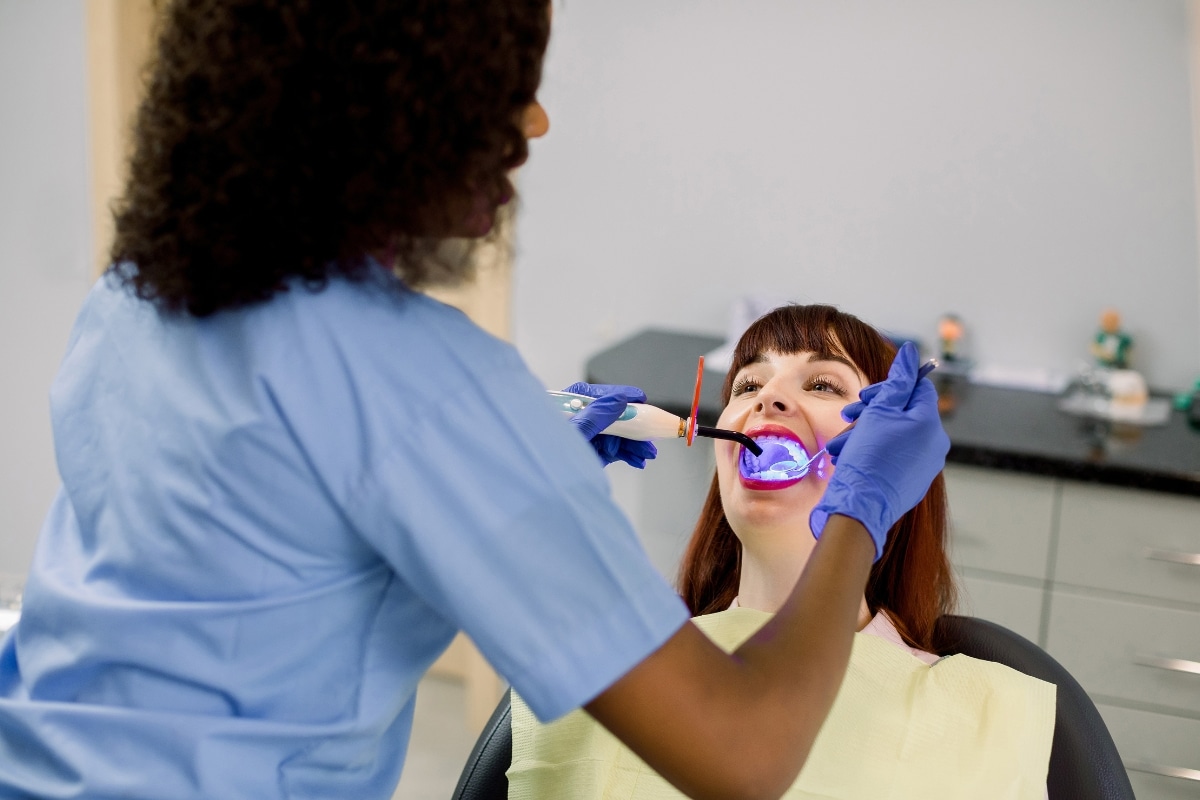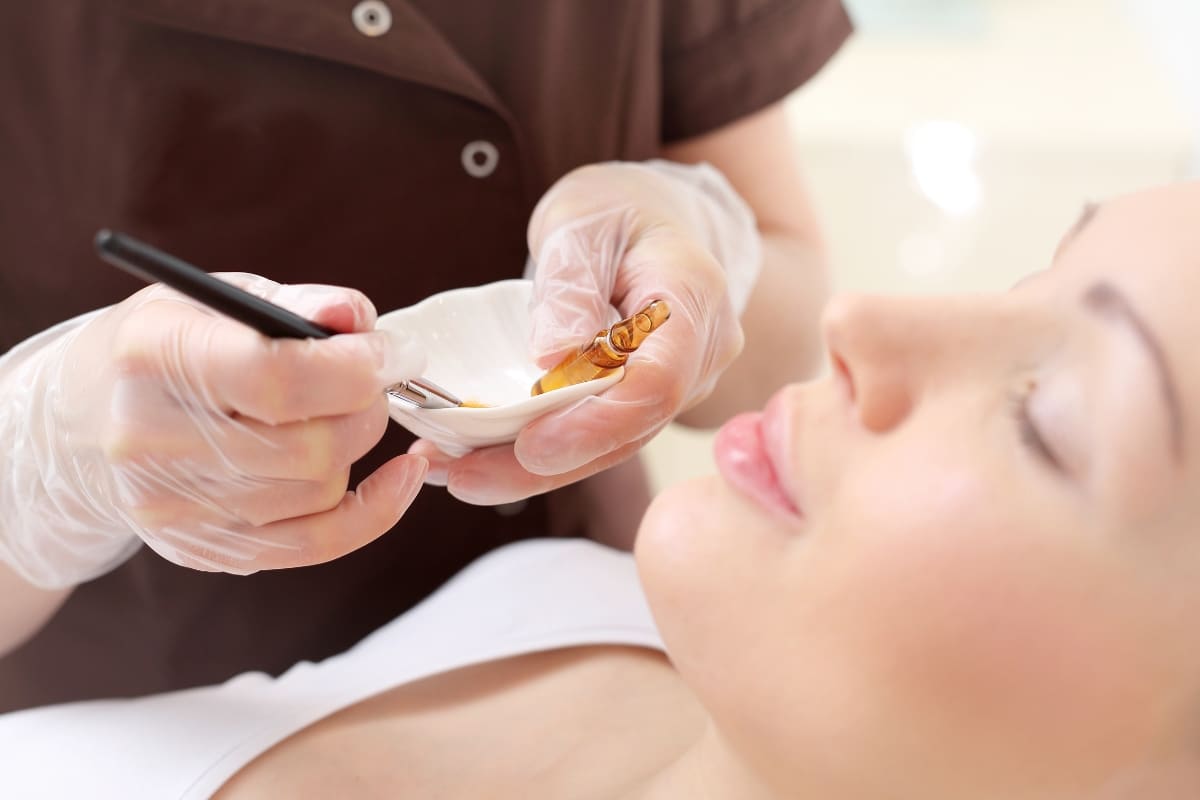Can Dental Bonding Be Repaired? Tips To Maintain Your Bonded Teeth

Dental bonding is a popular cosmetic procedure that offers a quick, effective way to fix minor dental imperfections. From chipped teeth to gaps, dental bonding can restore the natural appearance of your smile with minimal effort.
However, like any dental treatment, bonded teeth may need repair or maintenance over time. In this blog, we’ll explore whether dental bonding can be repaired, offer tips on how to care for bonded teeth, and explain the importance of regular dental check-ups to keep your smile looking its best.
Dental Bonding & The Issues It Addresses
Dental bonding is a cosmetic procedure where a tooth-colored resin is applied to your teeth to correct imperfections. The resin is shaped to match the natural contour of your teeth and then hardened using a special light. Bonding is commonly used to address issues such as:
- Chipped or cracked teeth.
- Gaps between teeth.
- Discolored teeth.
- Misshapen teeth.
- Decayed teeth (as part of a filling).
While dental bonding is an excellent solution for many patients, it is essential to understand that it may need to be repaired or maintained over time due to its vulnerability to wear and tear.
Can Dental Bonding Be Repaired?
The good news is that dental bonding can be repaired if it chips, cracks, or wears down over time. Unlike other procedures like veneers or crowns, which may require replacement if damaged, dental bonding is relatively easy to fix. Here’s how the repair process works:
- Minor Chips or Cracks: If a small piece of the bonded resin breaks off, our dentist can often smooth the area and apply a fresh layer of resin to restore the bond.
- Large Damage: If a significant portion of the bonding has been damaged, the dentist may remove the old resin and reapply a new layer to ensure a seamless restoration.
- Color Matching: If the bonding has changed color or become discolored over time, a dentist can replace the bonding with a fresh, color-matched material to restore its natural appearance.
In most cases, dental bonding repairs are quick and straightforward, with minimal discomfort involved.
How To Maintain Your Bonded Teeth?
While dental bonding can be repaired, proper maintenance is essential for prolonging its lifespan and avoiding the need for frequent repairs. Here are some tips to help maintain your bonded teeth:
1. Avoid Hard & Sticky Foods
Dental bonding is durable but can be susceptible to damage from hard or sticky foods. Avoid biting down on hard objects like ice or pens, and steer clear of sticky foods like caramel and chewing gum. These can cause the bonding to crack or loosen over time.
2. Practice Good Oral Hygiene
Maintaining excellent oral hygiene is crucial for ensuring the longevity of your dental bonding. Regular brushing, flossing, and rinsing with mouthwash will help prevent plaque buildup and keep the bonding intact.
- Brush your teeth twice a day with a soft-bristled toothbrush and non-abrasive toothpaste.
- Floss daily to remove food particles and plaque from between your teeth.
- Use fluoride mouthwash to help strengthen your enamel and keep your gums healthy.
3. Avoid Staining Foods and Drinks
While bonded teeth are resistant to staining, they are not entirely impervious. Foods and drinks like coffee, red wine, and tobacco can cause the bonding material to discolor over time. If you consume staining substances, make sure to rinse your mouth with water afterward.
4. Wear a Mouthguard If You Grind Your Teeth
Teeth grinding, also known as bruxism, can put unnecessary stress on bonded teeth, leading to cracks or chips. If you grind your teeth at night, dentists may recommend wearing a custom mouthguard to protect your bonding and natural teeth.
5. Timely Dental Check-Ups
Regular visits to dentist are essential for maintaining the health of your bonded teeth. During routine check-ups, they will assess the condition of the bonding and make any necessary repairs before the damage becomes more significant. Regular cleanings will also help prevent plaque buildup around the bonded areas, ensuring their durability.
When Should You Repair or Replace Your Dental Bonding?
While dental bonding is a durable solution, it is not invincible. Here are a few signs that it may be time to have your dental bonding repaired or replaced:
- Visible Damage: If the bonding is chipped, cracked, or broken, it’s time to visit our dentist for a repair or replacement.
- Discoloration: Over time, bonding can discolor, especially if exposed to staining foods or beverages. If your bonded teeth look dull or stained, consider having them replaced to restore their appearance.
- Loosening or Separation: If the bonding begins to feel loose or separates from your tooth, it’s important to have it reattached to prevent further damage.
- Persistent Sensitivity: If you experience sensitivity around the bonded area, it could indicate that the bonding is wearing down or that there is an underlying issue with the tooth.
Benefits of Repairing Bonded Teeth Promptly
- Prevents Further Damage: Addressing small issues early can prevent them from escalating into bigger, more expensive problems.
- Preserves Your Smile: Timely repairs keep your smile looking natural and aesthetically pleasing.
- Maintains Functionality: Keeping your bonding in good shape ensures that your teeth remain fully functional, allowing you to eat, speak, and smile comfortably.
Overall, Dental bonding offers an excellent solution for enhancing your smile, and with proper care, it can last for many years. However, like any dental treatment, it may require repairs or maintenance over time. The good news is that dental bonding can be easily repaired, and with the right care, it can remain functional and beautiful for an extended period.
By following simple maintenance tips such as avoiding hard or sticky foods, practicing good oral hygiene, and visiting a dentist regularly, you can prolong the life of your bonded teeth and keep your smile looking its best.
If you notice any signs of damage or discoloration, don’t hesitate to schedule a visit with our dentist to ensure your dental bonding stays in top condition.
Recent Posts

Why Won’t My Teeth Stay White? Dr. Maconi on Maintenance for Havertown Residents

What Happens if You Delay Filling a Cavity? Dr. Maconi on Preventing Root Canals

What Home Care Tips Can Help Relieve TMD Discomfort in Havertown?

Minimizing Sensitivity: Why Professional Teeth Whitening Treatment is Safer Than DIY Kits


